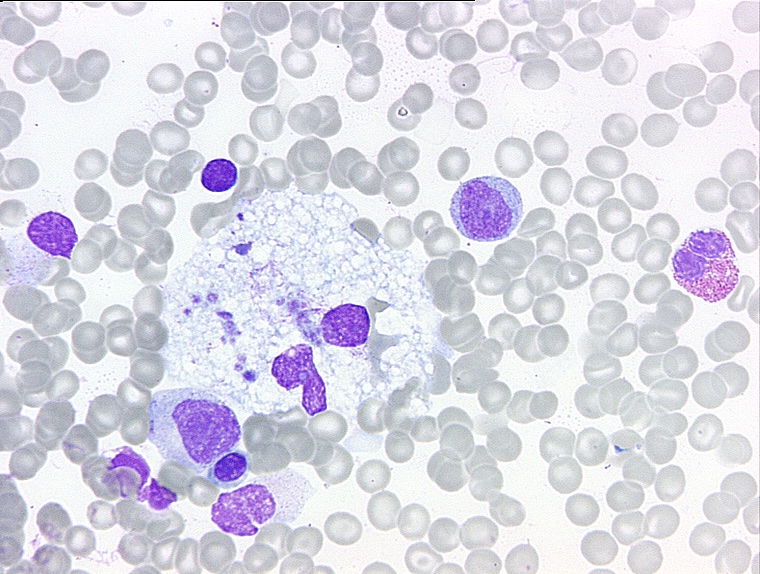09.07.2025
1st ASMD Workshop: Focus on Neurological and Psychiatric Involvement
Experts shared clinical and research insights into neurological and psychiatric symptoms in ASMD, ranging from infantile type A to late-onset adult cases.
Our teacher, our mentor, our doctoral advisor: Professor Michael Beck, whom we still called our "chief" with great pleasure, has gone. He leaves behind a big blank.


Experts shared clinical and research insights into neurological and psychiatric symptoms in ASMD, ranging from infantile type A to late-onset adult cases.
Clinical research for lysosomal diseases is fortunately receiving more and more attention. We would like to help you stay up to date and inform you accordingly about studies currently taking place.
An overview of the current therapy concepts with gene therapy, haematopoietic stem cell transplantation (bone marrow transplantation), enzyme replacement therapy, substrate reduction therapy and chaperone therapy is scientifically presented in the article "Precision Medicine for Lysosomal Disorders" (Jul 26 2020). Furthermore, we have tried to illustrate the topic of therapy concepts for lysosomal diseases in a comic.

Pompe disease (also referred to as glycogenosis type II or acid maltase deficiency) is a rare, inherited metabolic disease caused by a deficiency of the enzyme acid glucosidase. This deficiency results in a progressive accumulation of glycogen in the lysosomes. Complete deficiency of this enzyme causes a pronounced cardiomyopathy, muscle weakness and feeding problems already during the first months of life. Without treatment, the children die in the first year of life. With residual enzyme activity a milder course of the disease is seen, characterized by increasing muscle weakness and/or breathing problems during adolescence and adulthood. Examination of blood samples shows increased activity of creatinine kinase (CK) and of liver enzymes.
Lysosomal Storage Disorders (LSDs) are a group of more than 50 rare hereditary metabolic diseases. The diseases are characterized by an abnormal accumulation of various toxic substances in the body cells as a result of enzyme defects.
Lysosomal storage diseases affect the lysosome, a structure in the cells that breaks down substances such as proteins, carbohydrates and old cell parts so that the body can recycle them. As a result, various parts of the body may be affected, including the skeleton, brain, skin, heart and central nervous system. New lysosomal storage diseases continue to be identified.
